USA - Crop insurance goes global, so will its problems
09.11.2015 65 views
2024 AgroInsurance International Conference: New Partners and Agenda updates
26.02.20242024 AgroInsurance International Conference will take place on June 3-5, 2024 in Belgrade, Serbia, at the Hyatt Regency Hotel. Planet Labs (USA) and GAF AG (Germany) are sponsors of our conference. Agremo (Serbia) has been confirmed as the Organization Partner. More partners and sponsors to be announced in March 2024.

Spain - 30% of La Palma's banana production has already been lost due to the advance of the lava
14.10.2021More than three weeks after the Cumbre Vieja volcano erupted, the lava that continues to flow from its interior continues to devastate everything in its path, destroying houses, infrastructure, and banana plantations. The production of Platanos de Canarias is the economic engine of the island, accounting for 50% of its GDP and 30% of the jobs on the island.

Czech Republic - Return of cold weather impacts crops
In Czechia, a rapid transition from mid-20s Celsius to sub-zero temperatures has significant implications for agriculture, particularly affecting early-blooming and growing crops. Miroslav Havránek, from the Charles University Environment Centre, highlights the broader consequence as a potential reduction in crop yields.
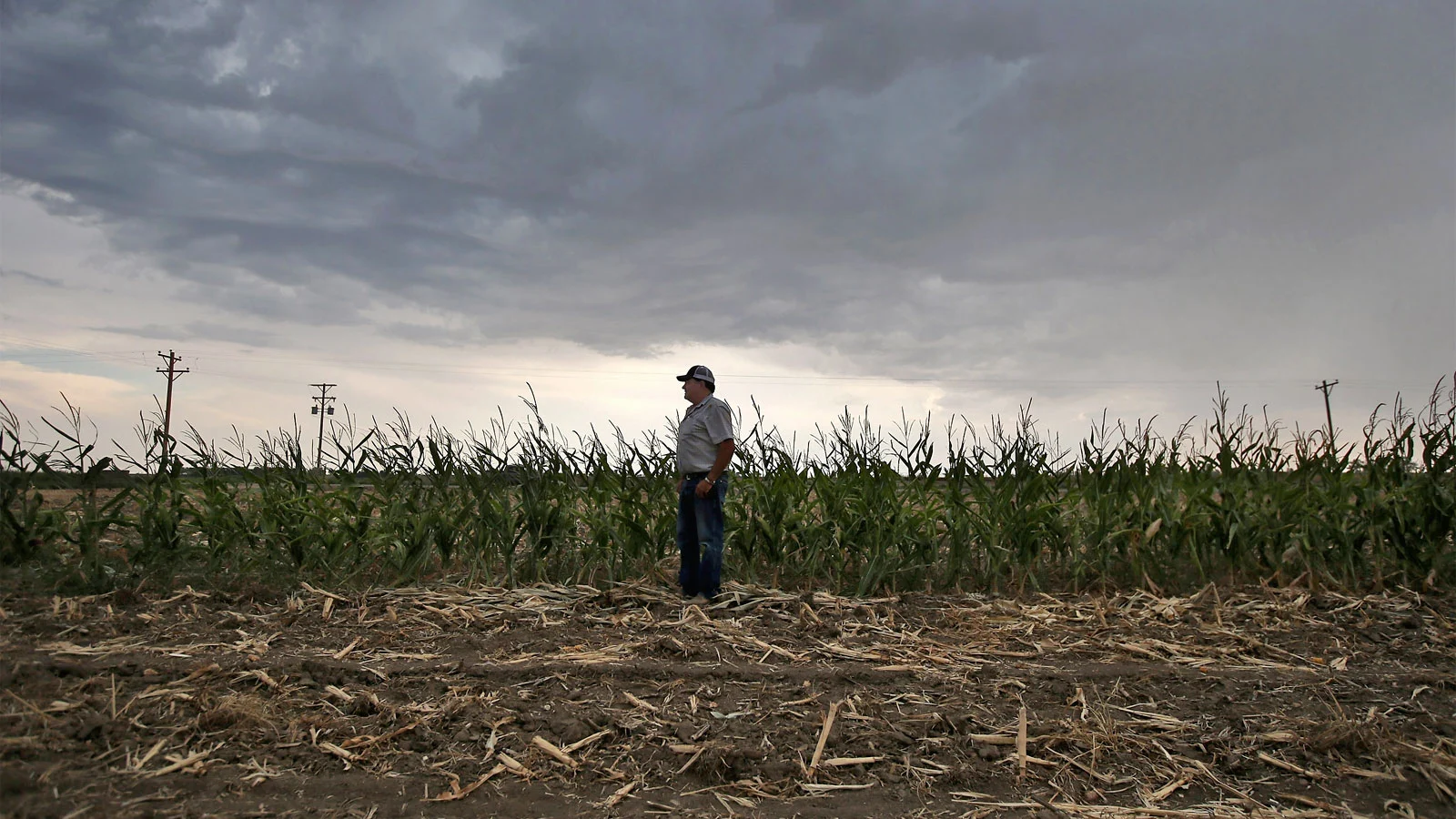
UK - Weather will impact agriculture more and more
The 2023 weather conditions in Lincolnshire, UK, significantly impacted Andrew Branton's farm, leading to an unharvestable potato crop due to excessive rainfall. Approximately a year's worth of rain from late September to January submerged many fields, rendering the soil too wet and compacted for sowing spring crops.
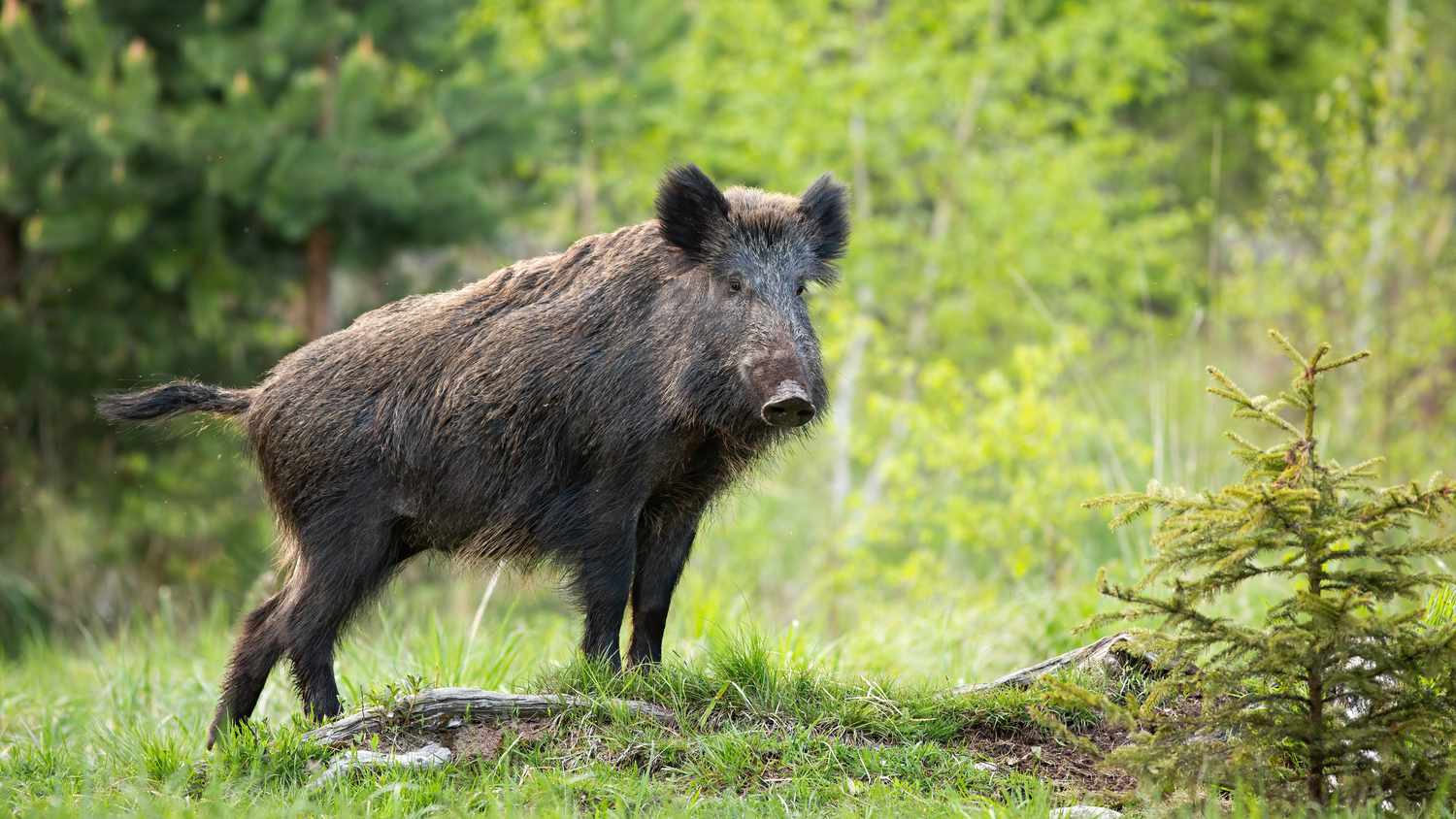
Syria - Wild animals ravaging crops in western Daraa
Farmers in the western countryside of Daraa suffer from the frequent encroachment of wild animals on their vegetable and fruit crops, as these animals eat the fruits and cause damage to agricultural produce.

USA - Leading New Hampshire agriculture toward climate resilience
Agriculture sustains our very existence. Despite the misconception that large farms feed the world, it’s small-holding farmers who predominantly nourish us, while consistently outperforming their larger counterparts in yields and ecological sustainability.
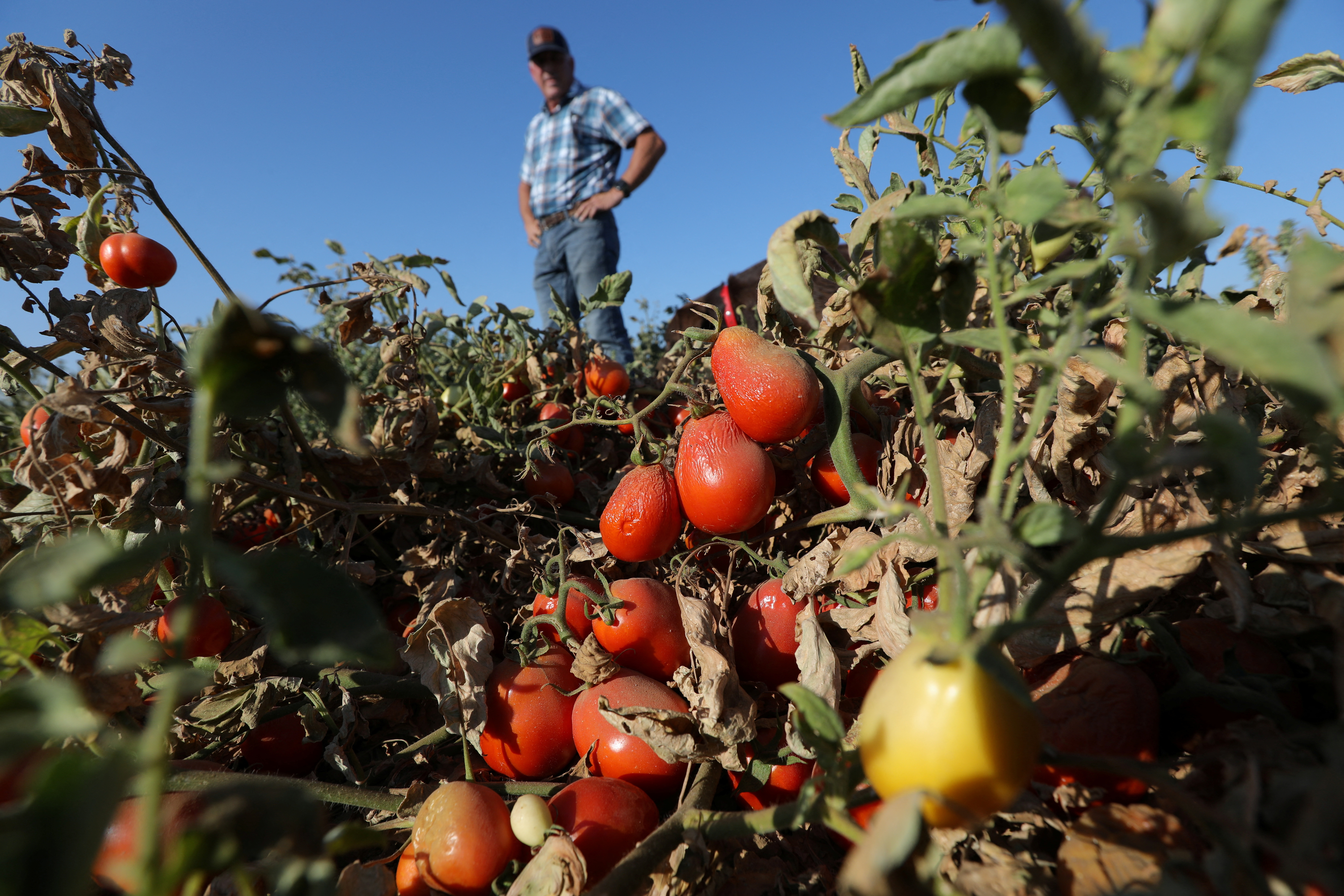
Philippines - Extreme drought hits Cebu City
He is giving out his tomatoes for free but not because of the abundance in harvest. He is Emelio Secretaria, a farmer who owns four hectares of farmland nestled in Barangay Sudlon 2, Cebu City. The drought due to El Niño did not exempt him from experiencing the worst.
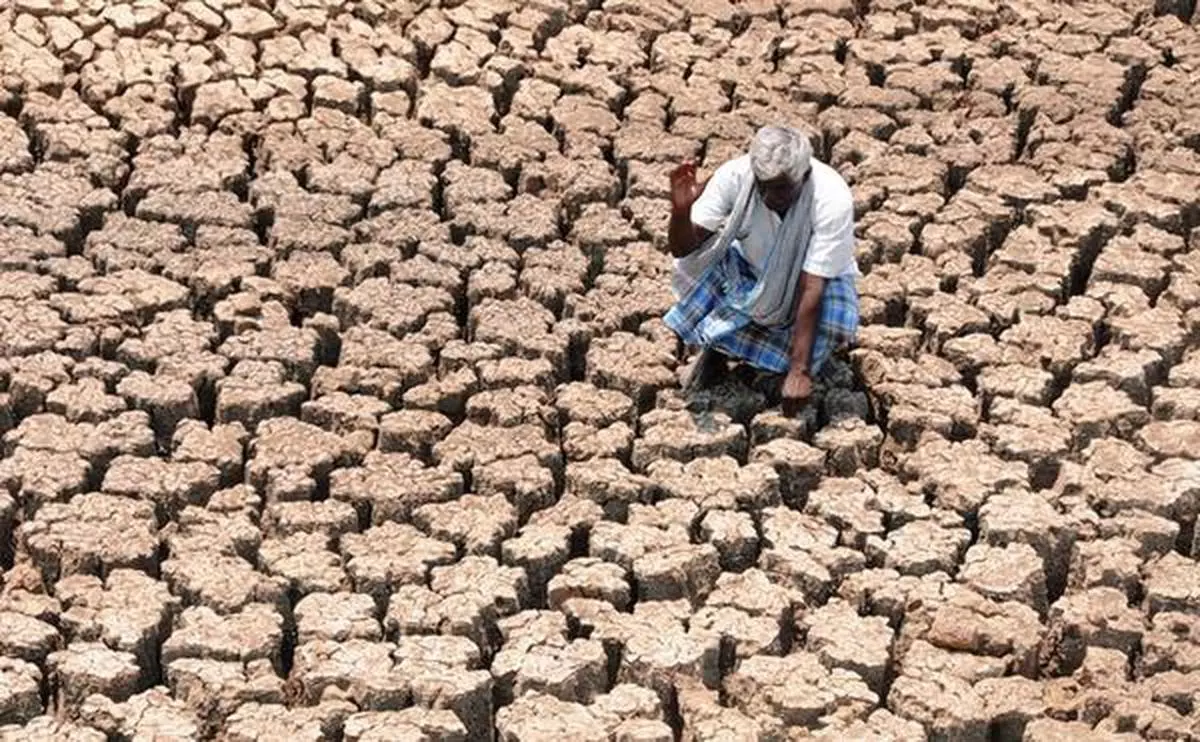
India - Karnataka Minister hopes for early release of funds by Centre for drought relief
On Karnataka State's plea in the Supreme Court seeking financial assistance for drought relief, Karnataka minister Krishna Byre Gowda said that the Government of India has agreed to take a decision within this week.

Bangladesh - Heatwave threatens mango-litchi yields, drastic crop loss feared
From expansive mango orchards to small family farms, reports indicate a significant decline in fruit budding compared to previous years, sparking fears of a collapse in mango and litchi yields.
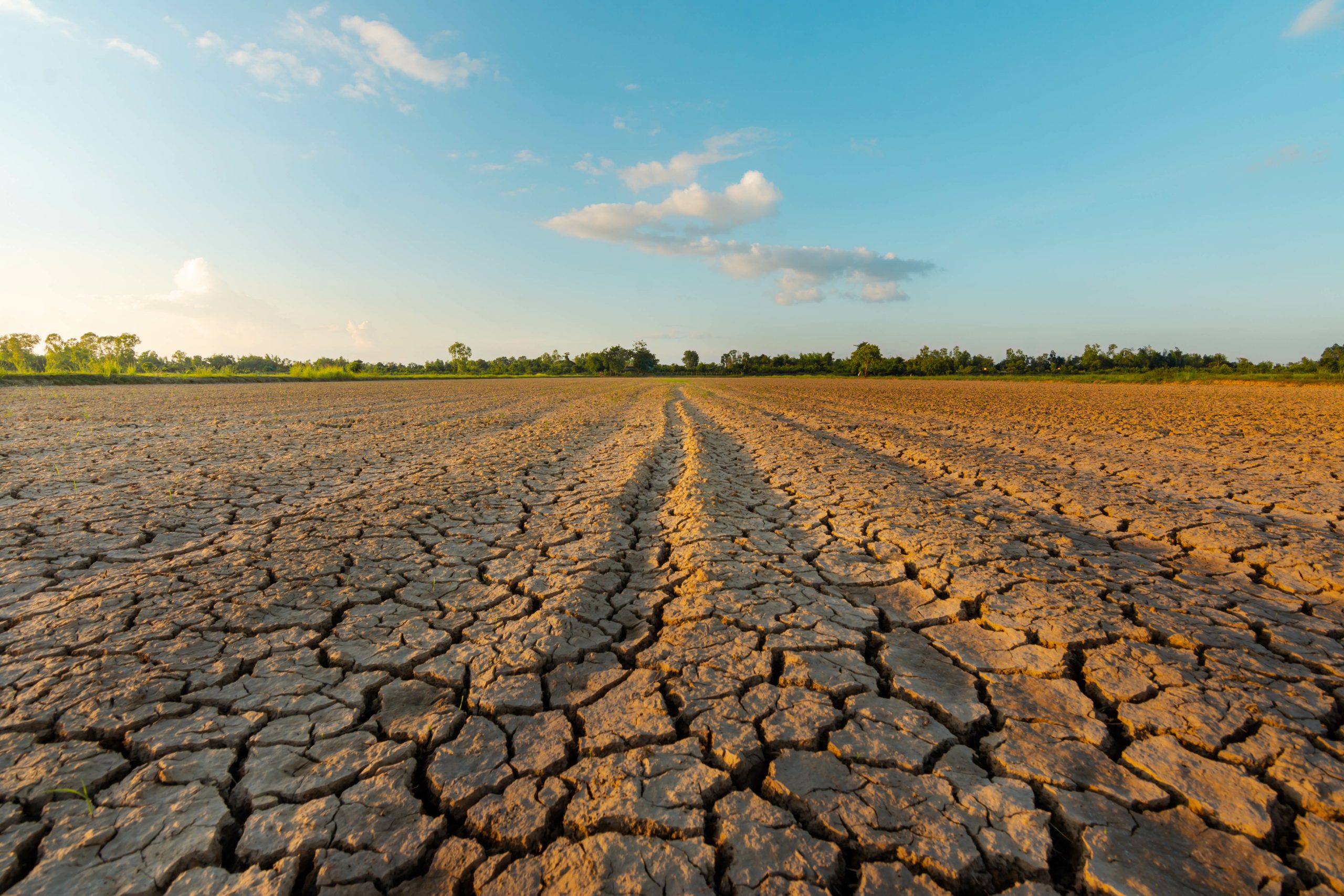
Philippines - Maguindanao Sur under state of calamity as crop losses reach P345M
Maguindanao del Sur Governor Bai Mariam Sangki-Mangudadatu has approved a resolution declaring the entire province a state of calamity due to huge agricultural losses brought about by drought.



